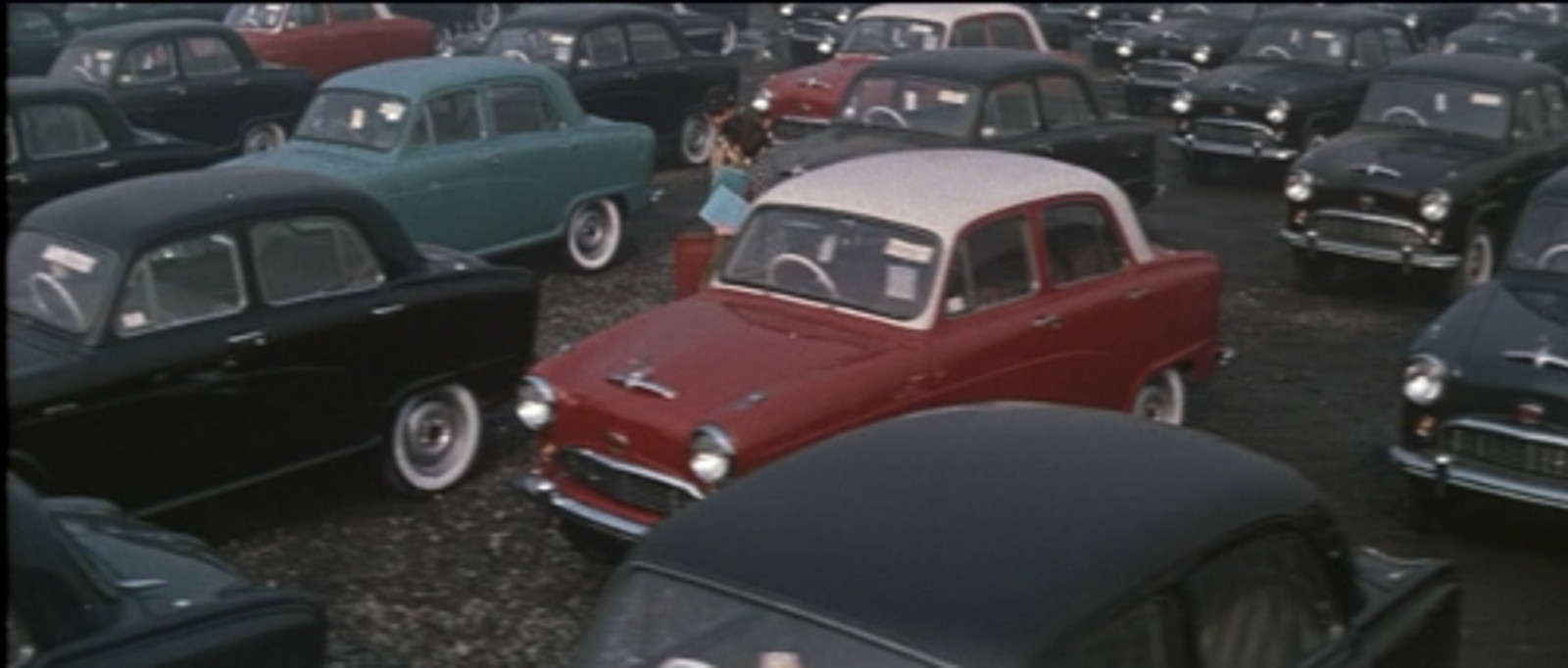Analysis of “There Was A Father”, prologue
1. It was more than 20 years ago. Back then, the chances to encounter Ozu’s works were relatively limited. The VHS catalogs or theatrical screenings usually consisted of works from 50’s and 60’s, the later masterpieces. So when I found “There Was A Father” was scheduled on late-night TV, I was quite excited. It was probably around ’86 or ’87. It made quite an impression on me. The print was in a miserable condition, but through scratches, specs, damages, flickering and shaky frames, the ethereal world lost to us emerged. Since then, I was quite captivated by the film. It …

